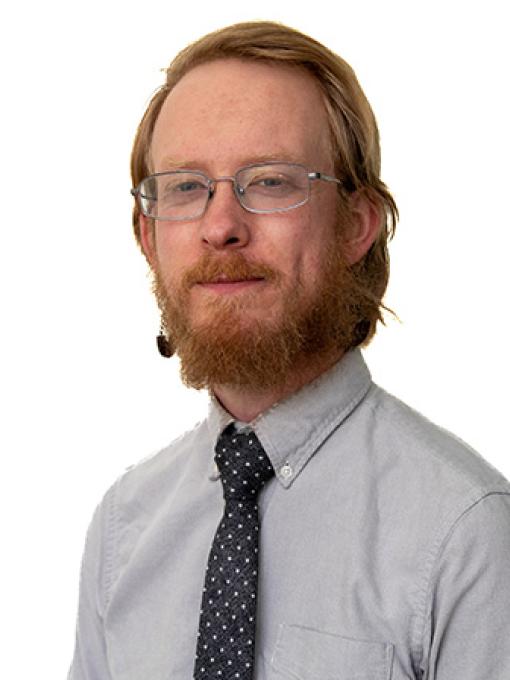Traveling throughout the Middle East in January, FCNL’s Bridget Moix and Hassan El-Tayyab saw firsthand how the regional violence sparked by the Isarel-Gaza war was getting worse daily. Reflecting on their experience, they warned that these escalations would “continue until there is a ceasefire.”
The months that have passed since then have proven their words true and exacted an enormous human toll. Today, the region is closer to the brink of a major war than ever.
In the past week, we watched with deep concern as Israel carried out provocative attacks in Lebanon and Iran.
Last weekend, an Israeli strike in Beirut killed a top Hezbollah leader, further heating up the already simmering conflict between the two sides.
Pouring fuel on the fire, an apparent Israeli operation in Iran on Wednesday killed the top political leader of Hamas, dealing a major blow to the ongoing ceasefire negotiations. It also threatens to draw Iran into a direct conflict with Israel and the United States.
Meanwhile, U.S. forces are once again exchanging strikes with militia groups in Iraq and Syria, as well as with Houthi forces in Yemen.
This is a frightening and perilous time. But it is not hopeless.
A major new war in the Middle East would be catastrophic for all sides. But it is not inevitable. Our leaders have the leverage to stop it and end the killing. But they need the political will to do so.
As Hassan said this week, U.S. officials are “sleepwalking” toward a disaster. That is why we need to speak up – to wake up our lawmakers and spur them to move us off this disastrous trajectory and toward the path to peace.
Elsewhere
Happening in Congress
Congress was busy this week before leaving for their August recess.
On Tuesday, lawmakers introduced important legislation to help communities support asylum seekers in the short term. The Destination Reception Assistance Act (S.4861) provides a framework to put people arriving in the U.S. on the path to stability and self-sufficiency. This helps both the newcomers and their host communities.
Unfortunately, a bipartisan bill failed in the Senate on Thursday that would have expanded the child tax credit. It would have benefitted 16 million children, lifting 400,000 of them out of poverty. We need to let our Senators know how we feel about this vote to ensure they do the right thing when they revisit the tax code next year.
Next Steps in the Journey
We also saw important developments on two big issues that FCNL has been working on for decades.
In positive news from Guantanamo, 9/11 detainees reached plea agreements to resolve two decades of litigation marred by the U.S. government’s use of torture. This is a vital step, called for by FCNL and many victims of 9/11 and their families, to address the legacy of torture and achieve a measure of justice and closure.
In disturbing news, this year’s annual military policy bill (the National Defense Authorization Act, S.4638) included provisions which would expand and automate the Selective Service System (the draft). Join the long legacy of Quakers calling for the elimination of the draft so no one has to choose between their conscience and their country.
Myths and Facts about Cluster Munitions
During the debate over Pentagon spending this year, we heard a lot of claims about amendments to prohibit the transfer of cluster munitions. There are so many that we wanted to separate the truth from the myths. FCNL’s Lauren Evans covered four claims on Tuesday and three on Thursday.
Despite the myths that have circulated, more and more members of Congress have joined these efforts against these indiscriminate and inhumane weapons.


